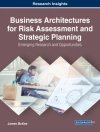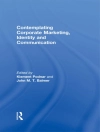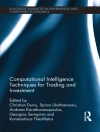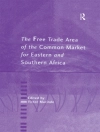This volume is a successor of sorts to the Institute’s 1986 volume Toward Renewed Economic Growth in Latin America, which blazed the trail for the market-oriented economic reforms that were adopted in Latin America in the subsequent years. It again presents the work of a group of leading Latin American economists who were asked to think about the nature of the economic policy agenda that the region should be pursuing after a decade that was punctuated by crises, achieved disappointingly slow growth, and saw no improvement in the region’s highly skewed income distribution. The study diagnoses the first-generation (liberalizing and stabilizing) reforms that are still lacking, the complementary second-generation (institutional) reforms that are necessary to provide the institutional infrastructure of a market economy with an egalitarian bias, and the new initiatives that are needed to crisis-proof the economies of the region to end its perpetual series of crises.
Contributors: Daniel Artana, Nancy Birdsall, Roberto Bouzas, Saúl Keifman, Pedro-Pablo Kuczynski, Ricardo López Murphy, Claudio de Moura Castro, Fernando Navajas, Patricio Navia, Liliana Rojas-Suarez, Jaime Saavedra, Miguel Székely, Andrés Velasco, John Williamson, and Laurence Wolff.
Mengenai Pengarang
Pedro Pablo Kuczynski Godard, better known simply as ‘PPK’, is a Peruvian economist, politician, and public administrator who is the current President of Peru. He previously served as Prime Minister of Peru from 2005 to 2006. Kuczynski worked in the United States before entering Peruvian politics. He held positions at both the World Bank and the International Monetary Fund before being designated as general manager of Peru’s Central Reserve Bank. He later served as Minister of Energy and Mines in the early 1980s under President Fernando Belaúnde Terry, and as Minister of Economy and Finance and Prime Minister under President Alejandro Toledo in the 2000s.John Williamson, senior fellow (retired), was associated with the Institute from 1981 to 2012. He was project director for the UN High-Level Panel on Financing for Development (the Zedillo Report) in 2001; on leave as chief economist for South Asia at the World Bank during 1996–99; economics professor at Pontifica Universidade Católica do Rio de Janeiro (1978–81), University of Warwick (1970–77), Massachusetts Institute of Technology (1967, 1980), University of York (1963–68), and Princeton University (1962–63); adviser to the International Monetary Fund (1972–74); and economic consultant to the UK Treasury (1968–70).












